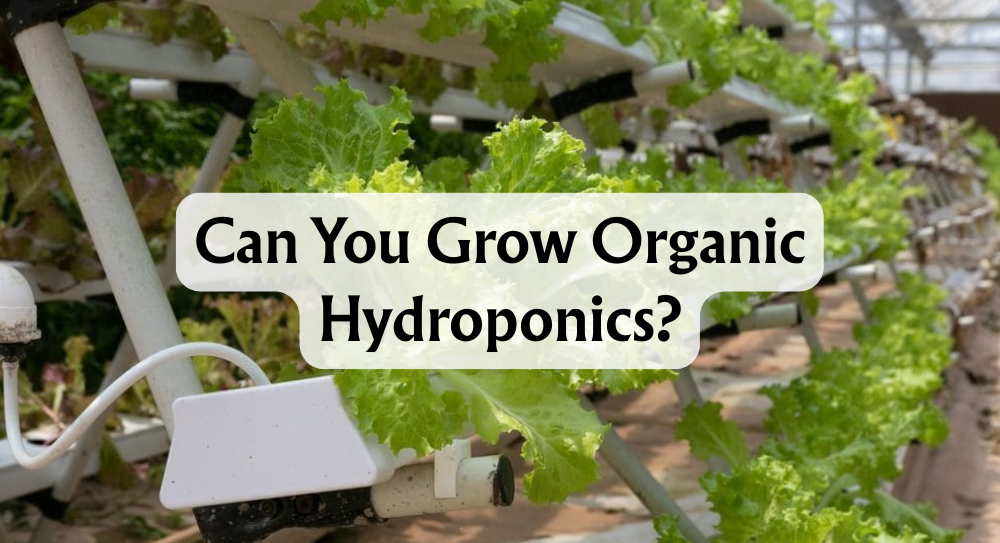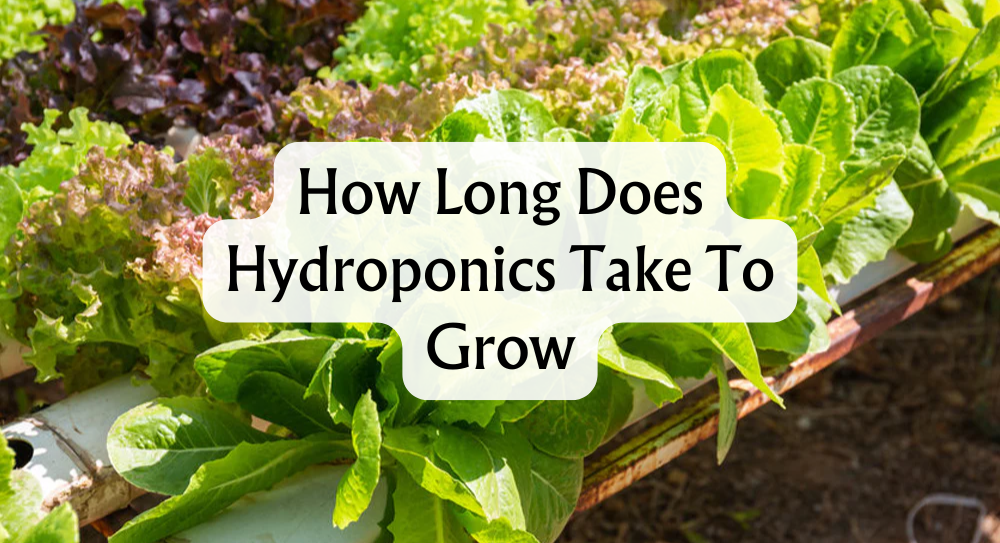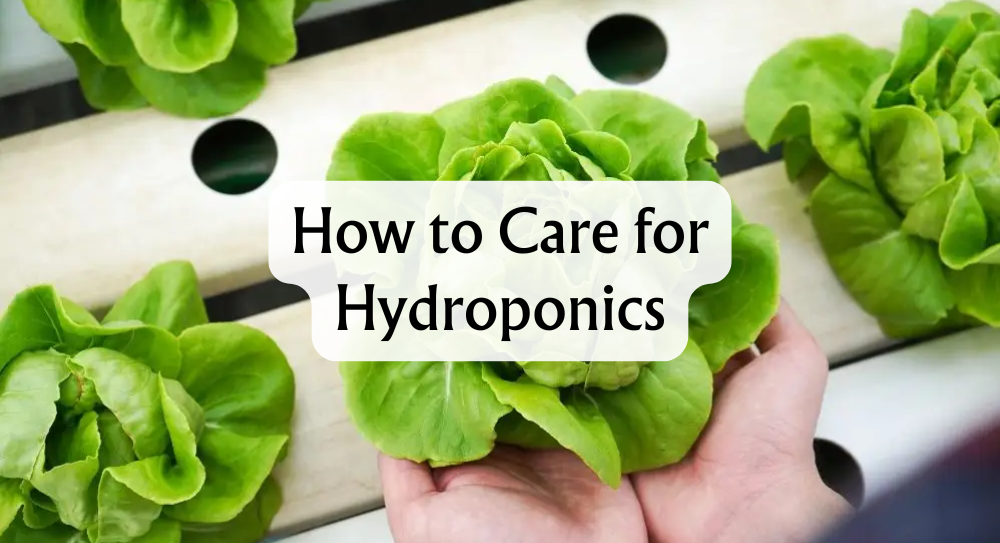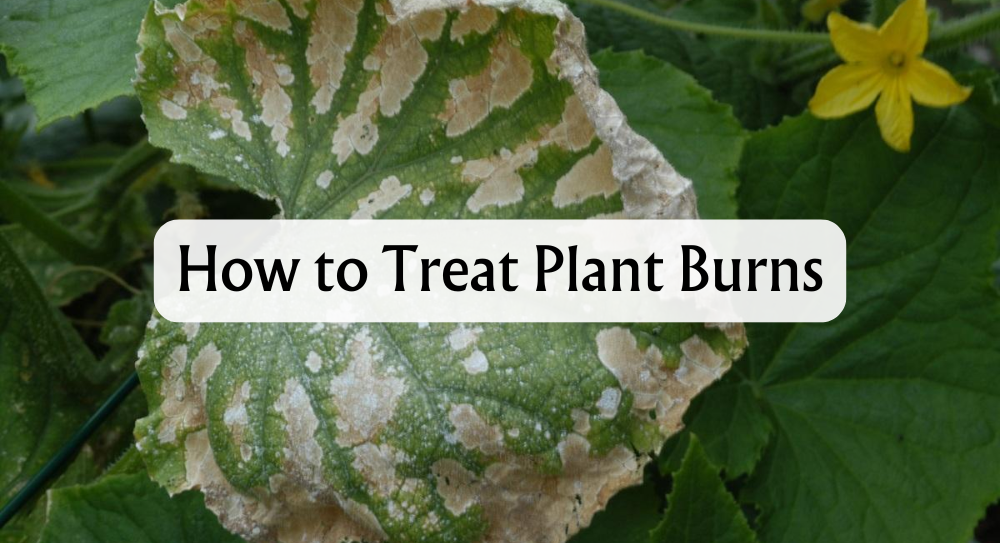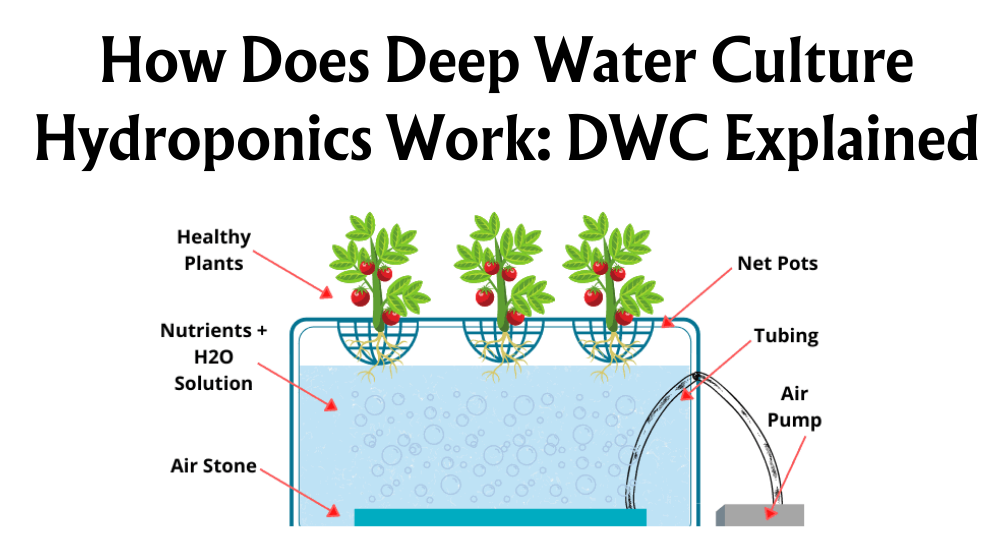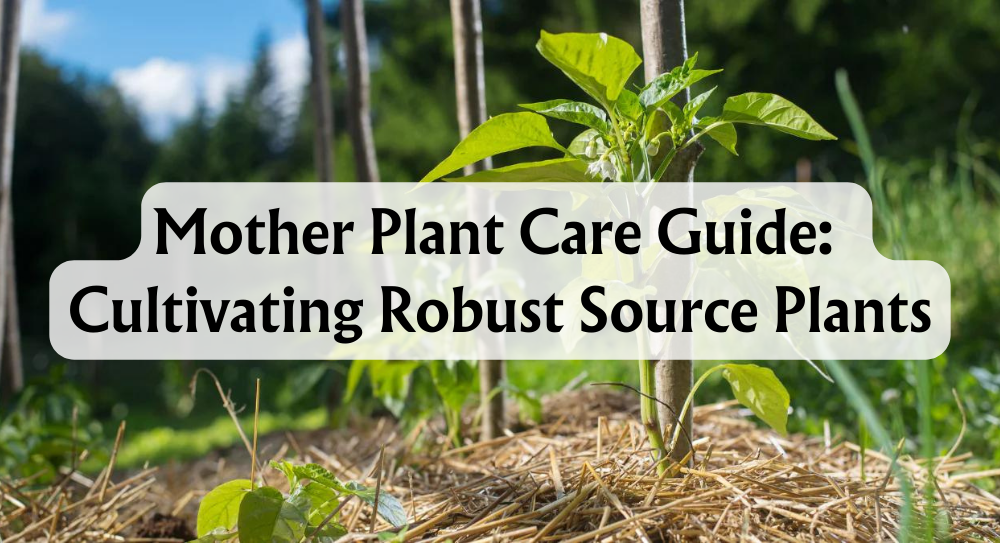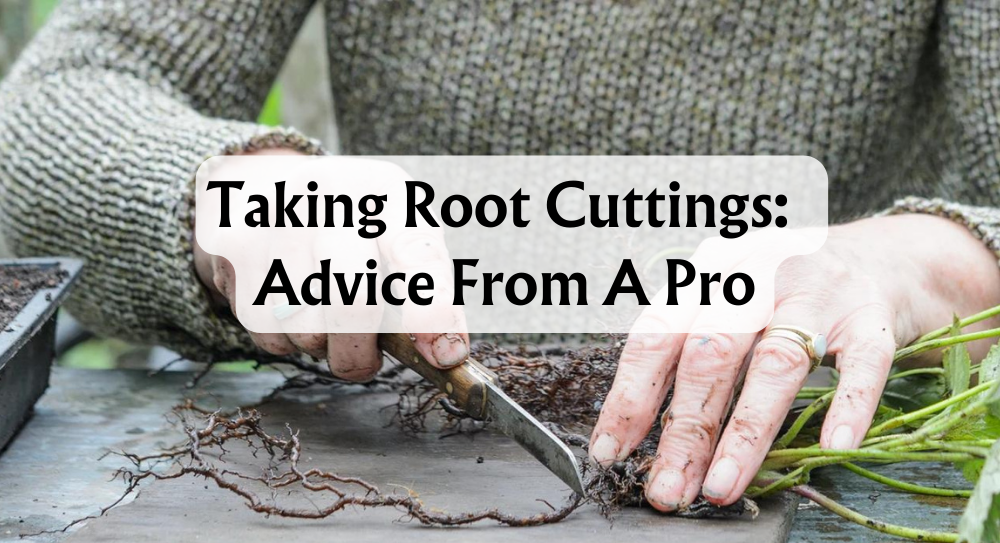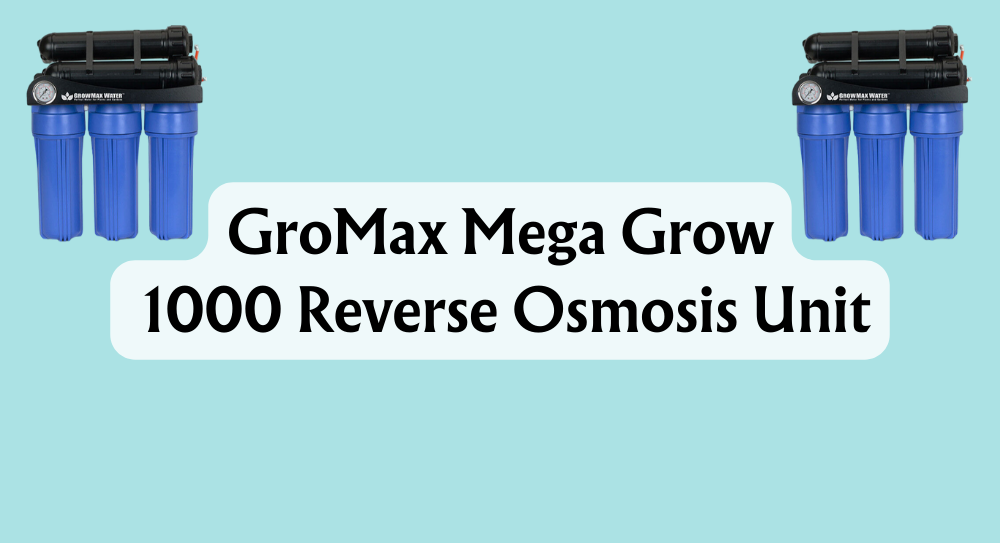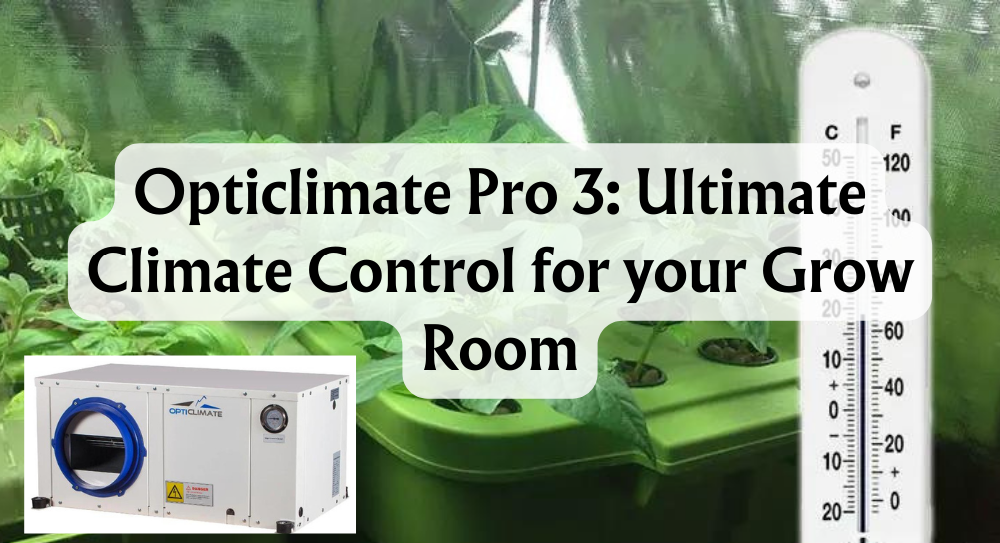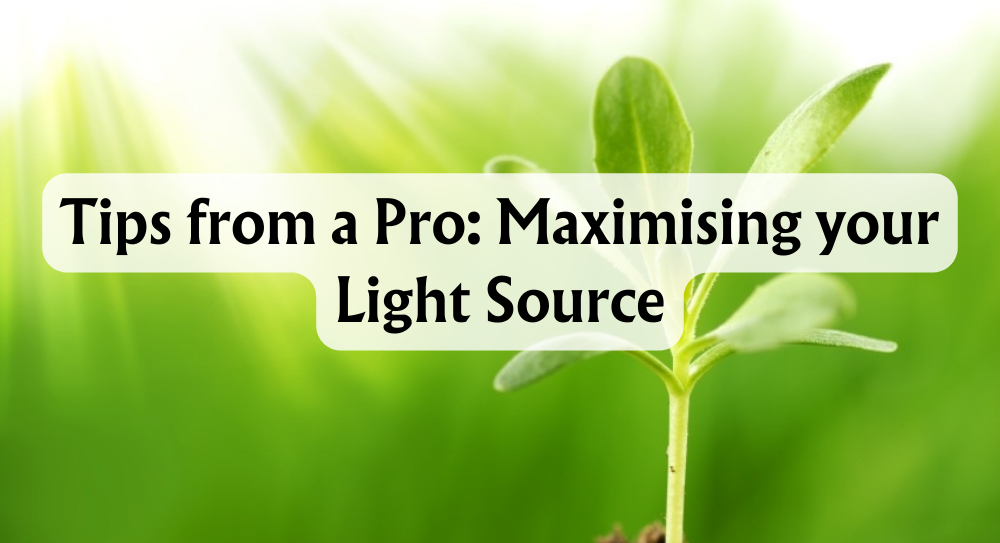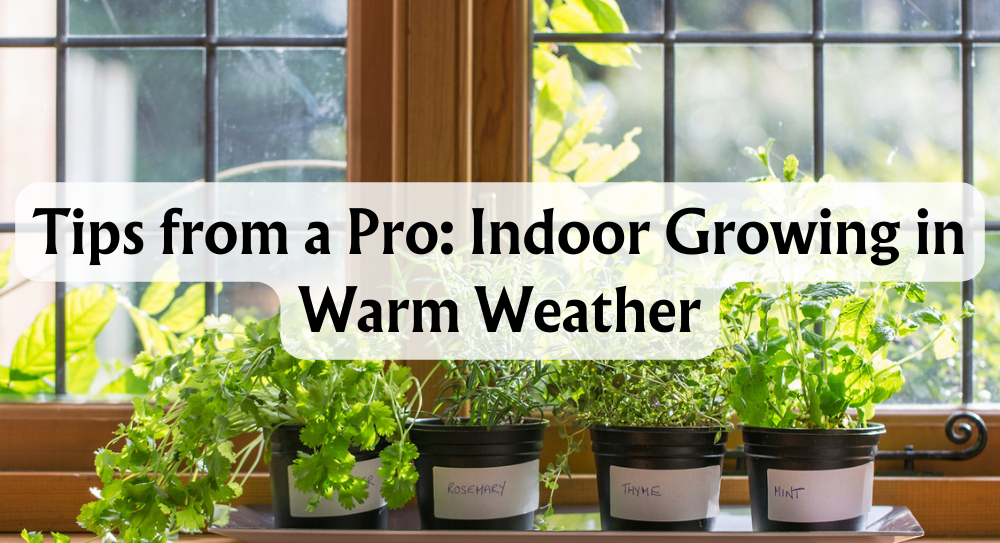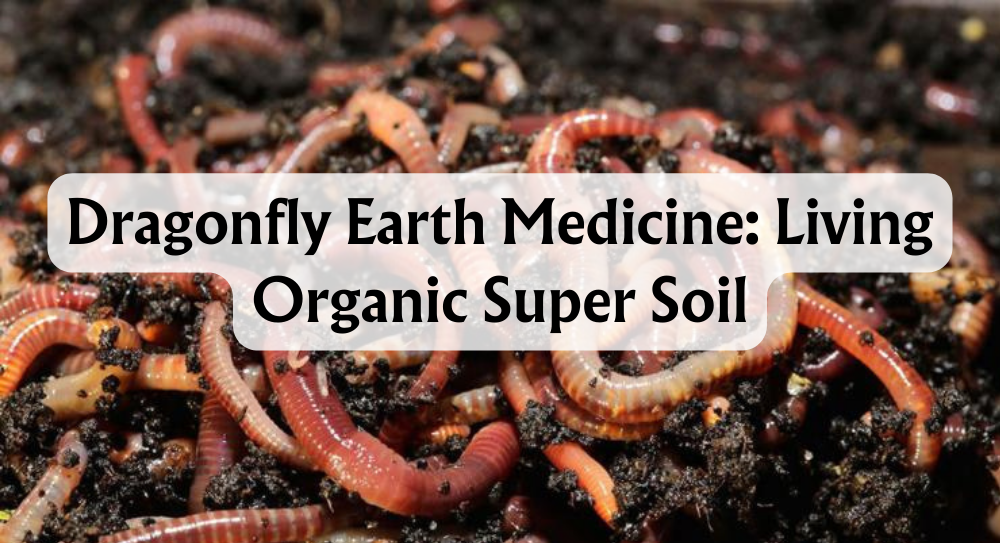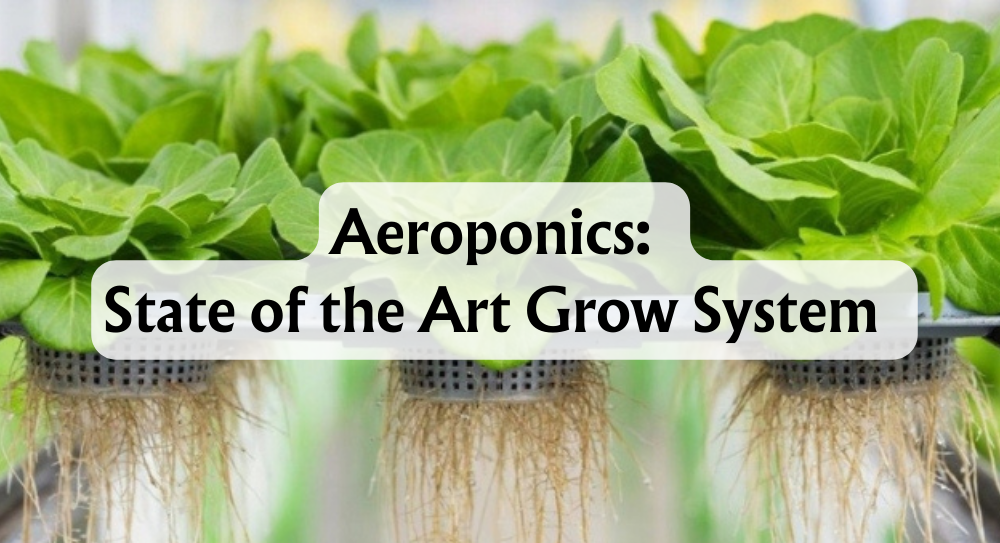In recent years, hydroponics has revolutionised agriculture by allowing for soilless cultivation and optimised resource use. Organic farming, with its emphasis on natural inputs and biodiversity, offers a sustainable approach to enhance ecosystems. Many people are now curious about whether these two methods can be successfully combined. Indeed, it is possible to grow organic hydroponics, offering a sustainable solution for those who want to embrace modern farming techniques while maintaining ecological balance.
Our exploration into the realm of organic hydroponics reveals a fascinating blend of traditional and innovative practices. Organic hydroponics offers more control over growing conditions, water use, and nutrition. By integrating organic nutrients with hydroponic systems, we can promote healthier plant growth and reduce the environmental impact.
This article aims to explain how combining hydroponics with organic practices might reshape the future of sustainable agriculture. Whether you're an experienced grower or new to the concept, you'll gain insights into the benefits and challenges associated with organic hydroponics and learn how to implement it in your own gardening practices.
Key Takeaways
- Organic hydroponics combines traditional and innovative farming methods.
- Using organic nutrients in hydroponics supports healthier plant growth.
- The combination offers a sustainable approach for modern agriculture.
What Is Organic Growing?
Organic growing emphasises natural processes and inputs. This means avoiding synthetic fertilizers and pesticides in favour of methods that support the environment. By prioritising soil health, biodiversity, and ecological balance, organic gardening seeks to create a sustainable system.
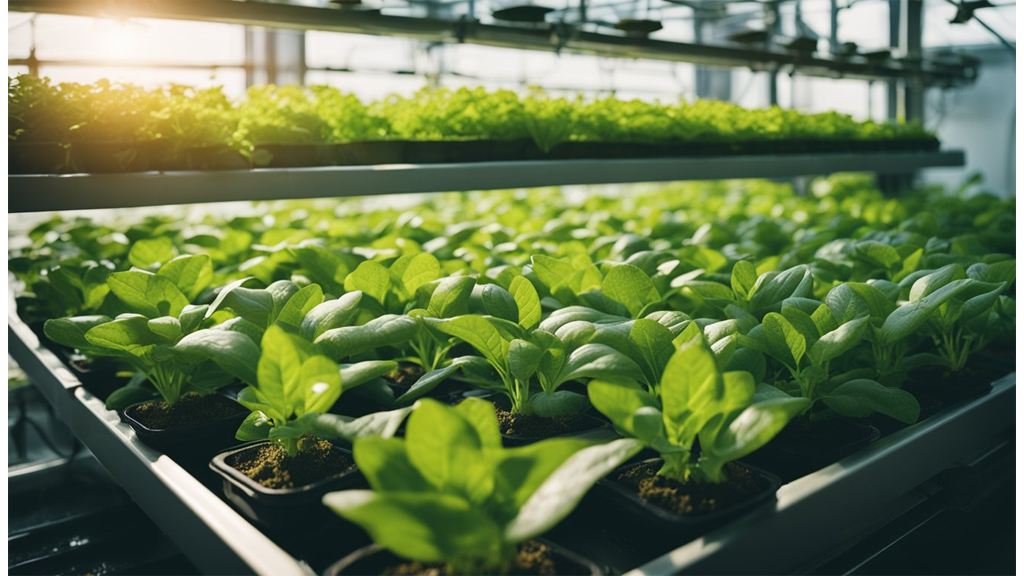
In terms of benefits, this approach provides environmental sustainability. Healthy soil contributes to better structure and fertility, allowing plants to thrive without the need for chemical inputs. The produce we cultivate is typically healthier, being free from chemical residues that are common in conventional farming practices.
Common Practices
Organic growing often uses compost and green manures to enrich the soil. Another key practice is crop rotation, which helps manage soil fertility and control pests. By rotating crops, we avoid depleting the soil of specific nutrients. Polyculture, or the practice of planting diverse crops together, supports a balanced ecosystem.
Biological pest control methods also play a crucial role. These may include introducing beneficial insects that prey on pests, thus reducing the need for synthetic pesticides.
To support thriving ecosystems, we often incorporate organic fertilisers that boost nutrient levels in the soil. Natural options like compost, bone meal, and cover crops ensure that the plants get the nutrients they need without harming the environment.
As we explore organic growing, we find that every step we take is towards a more sustainable and healthier way of producing food that benefits both us and the earth.
What Is Hydroponics?
Hydroponics is an innovative method of growing plants without soil. Instead, plants are supported in a nutrient-rich water solution or in an inert medium such as perlite or coconut coir.
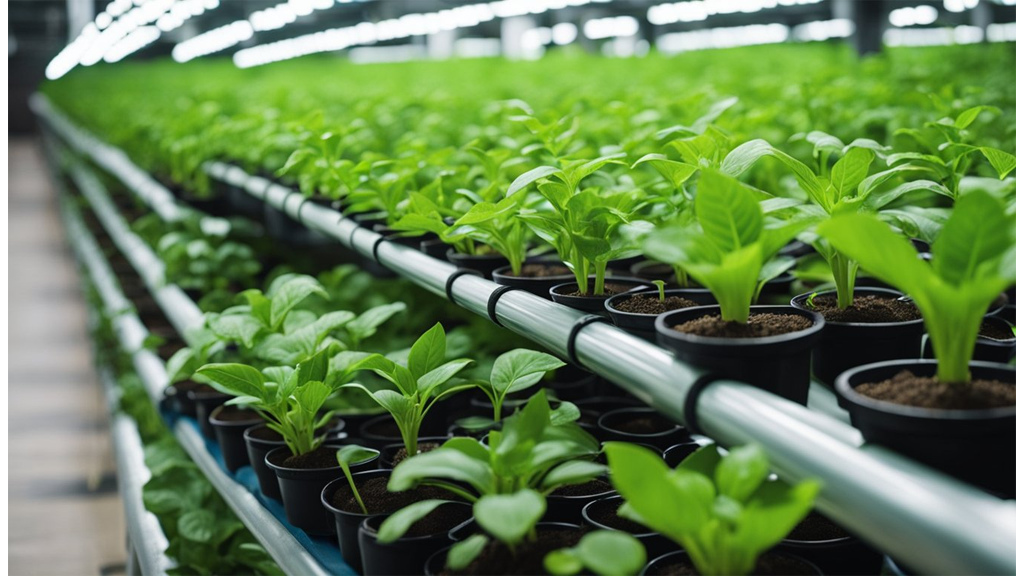
Definition and Techniques
We use various techniques in hydroponic systems. A few popular methods include:
- Nutrient Film Technique (NFT): Nutrients continuously flow over plant roots.
- Deep Water Culture (DWC): Roots are submerged in an oxygenated nutrient solution.
- Aeroponics: Nutrients are sprayed directly onto roots suspended in air.
Advantages of Hydroponics
Hydroponic growing offers significant benefits:
- Efficient Water Usage: Our systems use up to 90% less water than traditional agriculture.
- Faster Plant Growth: Crops often grow 30-50% faster due to direct nutrient access.
- Reduced Space Requirements: Vertical farming allows us to maximise space, ideal for urban environments.
Challenges in Hydroponics
While promising, hydroponics presents challenges:
- Dependence on Synthetic Nutrients: Organic alternatives are limited.
- Technical Complexity: Initial setup can be costly and requires expertise.
- Potential for System Failures: Equipment malfunction can quickly impact plant health.
By understanding these aspects, we can better appreciate the potential and challenges of hydroponic growing methods.
Is Organic Hydroponics Possible?
Organic hydroponics is a challenging yet promising venture for those in pursuit of sustainable farming. It revolves around growing plants without soil while maintaining organic standards.
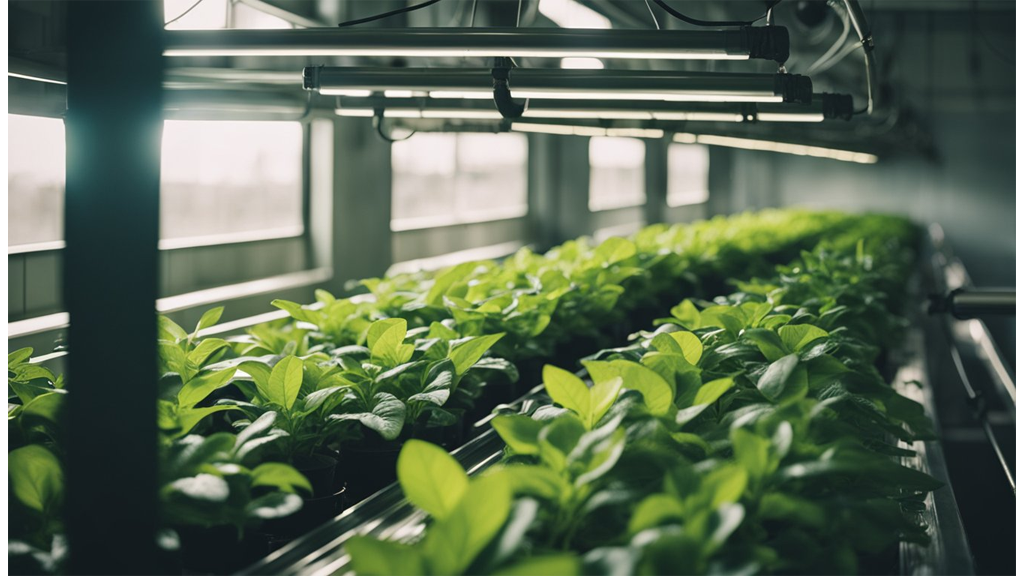
Arguments For It
Successful Implementations
Several farms have shown that organic hydroponics can indeed flourish. They've embraced innovative nutrient solutions that meet organic standards, bypassing traditional synthetic options. These successes indicate that organic hydroponics can support robust plant growth and secure organic produce. Innovation has led us to nutrient mixes that are not only effective but also environmentally friendly.
Research and Developments
Studies reveal that organic hydroponics can enhance plant nutrition and promote healthier ecosystems. These research efforts demonstrate the method’s feasibility and highlight its potential benefits. Organic hydroponics techniques continue to advance, addressing its unique challenges and finding sustainable solutions for the industry.
Arguments Against It
Certification Challenges
One major obstacle we face is obtaining organic certification for hydroponically grown produce. The criteria for certification often exclude soilless methods, leading to debates. Many traditional organic farmers demand stricter regulations, arguing that soil is a fundamental component of organic farming.
Technical Difficulties
Organic hydroponics presents technical challenges, particularly with nutrient solubility, which can lead to clogged systems. Moreover, maintaining a healthy microbial balance without soil proves tricky. The absence of traditional soil microbiology requires careful system management to support plant health.
Growing Hydroponics With Organic Nutrients
Organic hydroponics is steadily gaining popularity. Let's explore organic nutrients suitable for hydroponic systems. Emphasising compost teas, fish emulsions, and seaweed extracts, these nutrients are key in maintaining an eco-friendly setup.
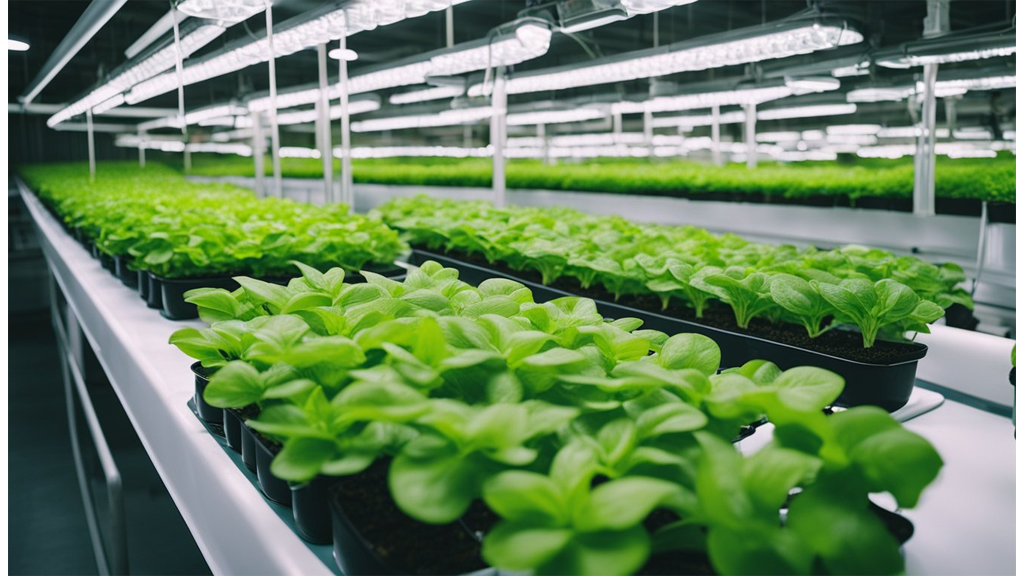
Selecting Appropriate Organic Nutrients
It's crucial to ensure the solubility of these nutrients to avoid blockages. Organic nutrients can sometimes form sediments, risking system efficiency.
Managing Microbial Activity
Beneficial microbes play an essential role in breaking down nutrients and enhancing plant immunity.
To maintain these conditions, it's necessary to prevent anaerobic zones, which might lead to root diseases. Techniques like aeration are crucial here.
Monitoring and Maintenance
Regular checks are vital. We must monitor pH and nutrient levels to maintain balance. Cleaning equipment prevents biofilm build-up.
Troubleshooting can include identifying nutrient deficiencies and microbial imbalances. Implementing this approach ensures robust growth in our hydroponic systems.
By selecting quality organic nutrients and maintaining a healthy microbial environment, we can nurture our hydroponic plants effectively.
Conclusion
As we explore the world of organic hydroponics, we notice its growing feasibility. Using organic nutrient solutions and appropriate methods, it's possible to cultivate produce that aligns with organic standards. This approach blends hydroponic efficiency with organic principles.
Challenges exist, such as reliance on external inputs and soil ecosystem considerations. The debate about whether hydroponics can truly be organic continues. We must recognise these challenges as we progress.
We're encouraging growers to experiment with organic hydroponics. Sharing their discoveries with the community can lead to improved practices and products. This collaboration drives innovation.
The future of organic hydroponics in sustainable agriculture looks promising. It offers a path to environmentally friendly farming. Embracing this journey empowers us to support local farming and high-quality produce, while treading lightly on the planet.







 Store Locator
Store Locator
